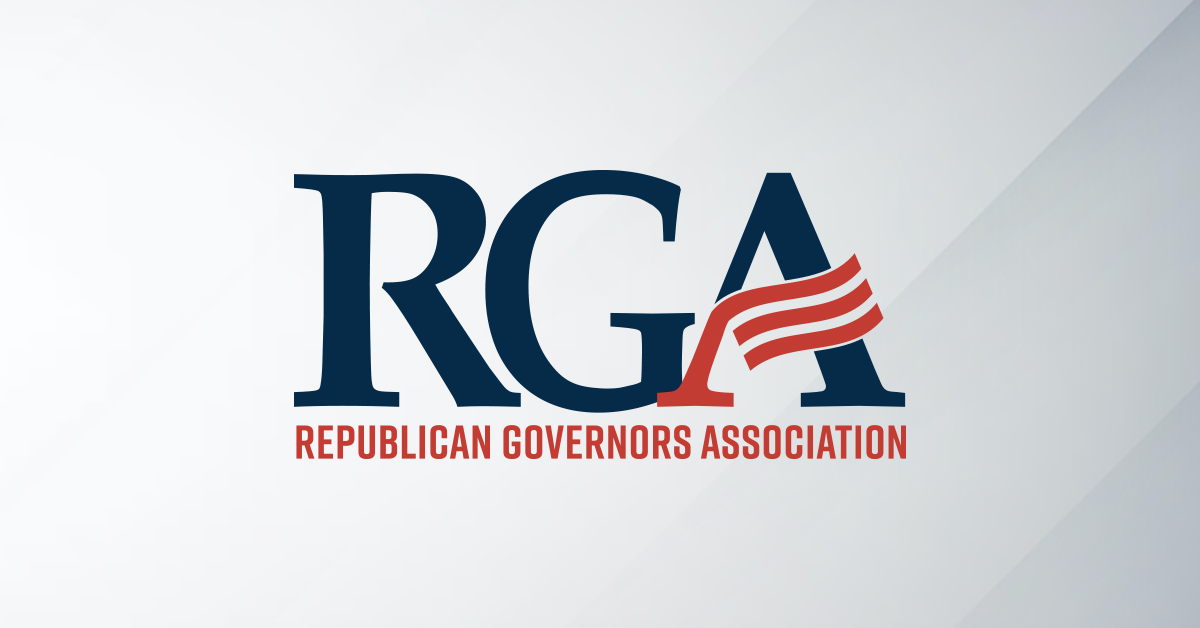
After years of high-profile business departures, high unemployment, multiple credit downgrades, and repeated budget crises, Failed Democrat Governor Dan Malloy’s policies continue to make life harder for Connecticut workers. A recent analysis by The Pew Charitable Trusts shows that personal income growth in Connecticut has severely lagged behind the rest of country since the recession. While personal income has grown nationally at a rate of 1.6 percent since 2007, Connecticut has remained a full percentage point behind at 0.6 percent growth. To make matters worse, personal income fell in the state over the course of the last fiscal year by 0.6 percent compared to the year before, marking a troubling trend for Connecticut.
Under Dan Malloy’s disastrous, anti-business policies, Connecticut has become less prosperous, less open to investment, and less fiscally stable. Despite this, Democrats running for governor in 2018 like Luke Bronin, Ned Lamont, and Dita Bhargava have all tripled down on his policies, even after seeing their unmistakably negative results over the last seven years. Connecticut deserves better.
The CT Mirror reports:
“…a recent analysis by The Pew Charitable Trusts supports the argument for caution, showing Connecticut has been lagging the nation in personal income growth since the last recession. And most recently that meager growth has been slowing down.
The analysis found personal income has grown nationally by 1.6 percent annually — adjusted for inflation — between 2007 and the second quarter of 2017. And in Connecticut growth has been just 0.6 percent annually over that period.
‘Trends in personal income matter not only for individuals and families but also for state governments, because tax revenue and spending demands may rise or fall along with residents’ incomes,’ Pew analysts wrote. ‘Comprising far more than simply employees’ wages, the measure sums up all sorts of income received by state residents, such as earnings from owning a business or investing, as well as benefits provided by employers or the government.’
‘Lingering weakness’ in the farming industry was a big factor behind the modest national growth, according to Pew. But other factors more prominent in Connecticut — falling earnings in construction, management and information services and a declining government sector — also stymied growth.
Personal income growth here wasn’t just poor over the past decade.
During the last fiscal year, Connecticut’s personal income fell 0.6 percent compared with the prior year — one of just 10 states to fall nationally and fifth-lowest overall.
Among neighboring states, only Rhode Island lost ground in the 2016-17 fiscal year with personal income dropping 0.1 percent. Growth in Massachusetts (1.1 percent), New York (0.7 percent), and New Jersey (0.3 percent) did fall short of the 1.3 percent national growth rate.”





See the latest videos from RGA
Watch our videosAbigail Spanberger has no issue with
sanctuary cities shielding r*pists and killers, but she has a problem with police…
Did you figure it out yet @MikieSherrill?
Let us help you: https://t.co/76uiYhCkfK https://t.co/IiiChMc30q
Follow RGA on Twitter
Follow RGA on Facebook